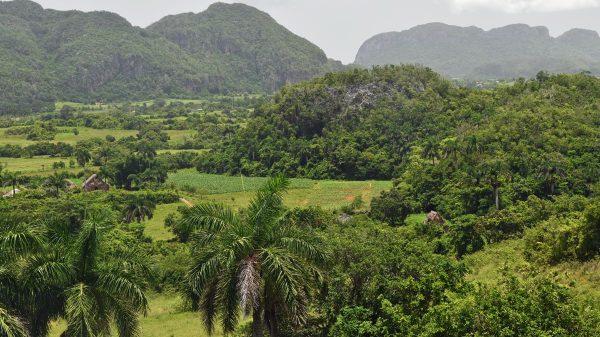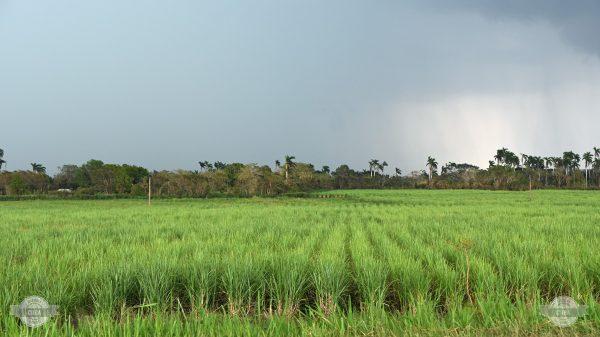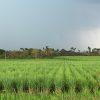Minister Gustavo Rodriguez Rollero, from the Ministry of Agriculture (MINAGRI), is currently on an official visit to the United States, attended a meeting at the Chamber of Commerce in Washington, D.C. He is also to meet with Michael Scuse, Acting Deputy Secretary of the U.S. Department of Agriculture.
Minister Rodriguez is accompanied by a Cuban delegation made up of officials from the ministries of Agriculture, Sciences, Technology and Environment, Foreign Affairs, and the National Institute of Hydraulic Resources.
Tom Vilsack, U.S. Secretary of Agriculture who recently visited Cuba, invited his counterpart Rodriguez to visit the United States. The visit aims to boost bilateral cooperation in agriculture between the U.S. and Cuba and eliminate the U.S. trade embargo against Cuba.
The Cuban delegation will hold talks with the Departments of Agriculture and Commerce on scientific research on animal and plant health, organic production, recovery of agricultural land, conservation management of soils and forests, and agricultural irrigation, among other issues. Currently, tobacco, apiculture and organic agriculture are seen as the most promising agricultural sectors for bilateral cooperation.
Minister Rodriguez also met with Carlos Gutiérrez, president of the United States – Cuba Business Council (USCBC).
Mr. Rodriguez said that U.S. and Cuba agribusiness have a lot to learn from each other. The Cuban government is aiming to increase agricultural production on the Island. American agribusiness wants access to the Cuban market.
Vilsack and Rodriguez will be visiting Iowa, a state known for its diversity in agriculture. Cuba wants to develop this type of agricultural diversity. Mr. Rodriguez will also visit the state of Nevada.
The U.S. trade embargo is still a major hindrance for Cuba to do business with the U.S. Rodriguez said, “the difficulty in accessing credit facilities” forces Cuba to pay in advance.
Cuba has to import about $2 billion in food a year, but is aiming to increase its agricultural production by 50%. In 2015, U.S. agricultural exports to Cuba totaled $170 million. Soybeans, soya derivatives, rice and chicken make up the majority of these exports. In recent years though, U.S. agricultural exports are in decline because Cuba has sought to import its agricultural requirements from other markets.
Zoe Veraz is a content writer, freelance journalist and regular contributor to the Cuba Business Report.














